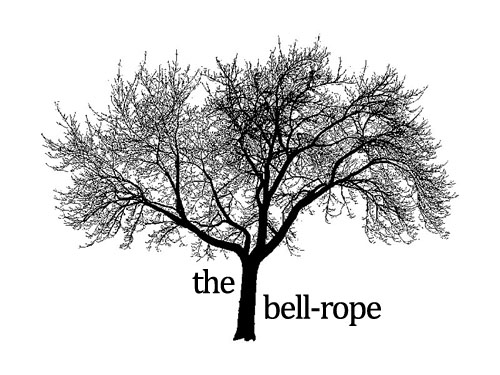Sunday, March 15, 2009
A fine balance
Some words are more interesting than others. I was reminded of this forcibly when I saw the trailer to the new movie Disgrace, based on a J. M. Coetzee novel. Single-word titles are always a tricky situation, because a writer’s craft is essentially one of arrangement – the true but annoying phrase “the music is between the notes” can equally be said of words. When you have a title with just one word, there is nothing you can do to add to its poetry, and so the task becomes one of selection rather than arrangement. Can your single word carry a book? Not all of them can.
Subscribe to:
Post Comments (Atom)

No comments:
Post a Comment